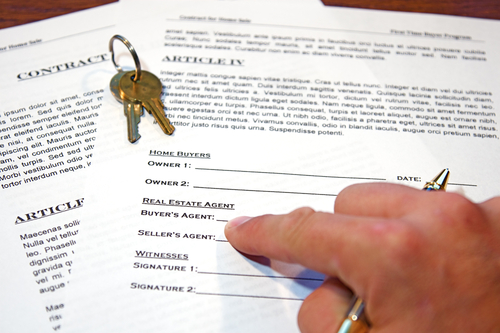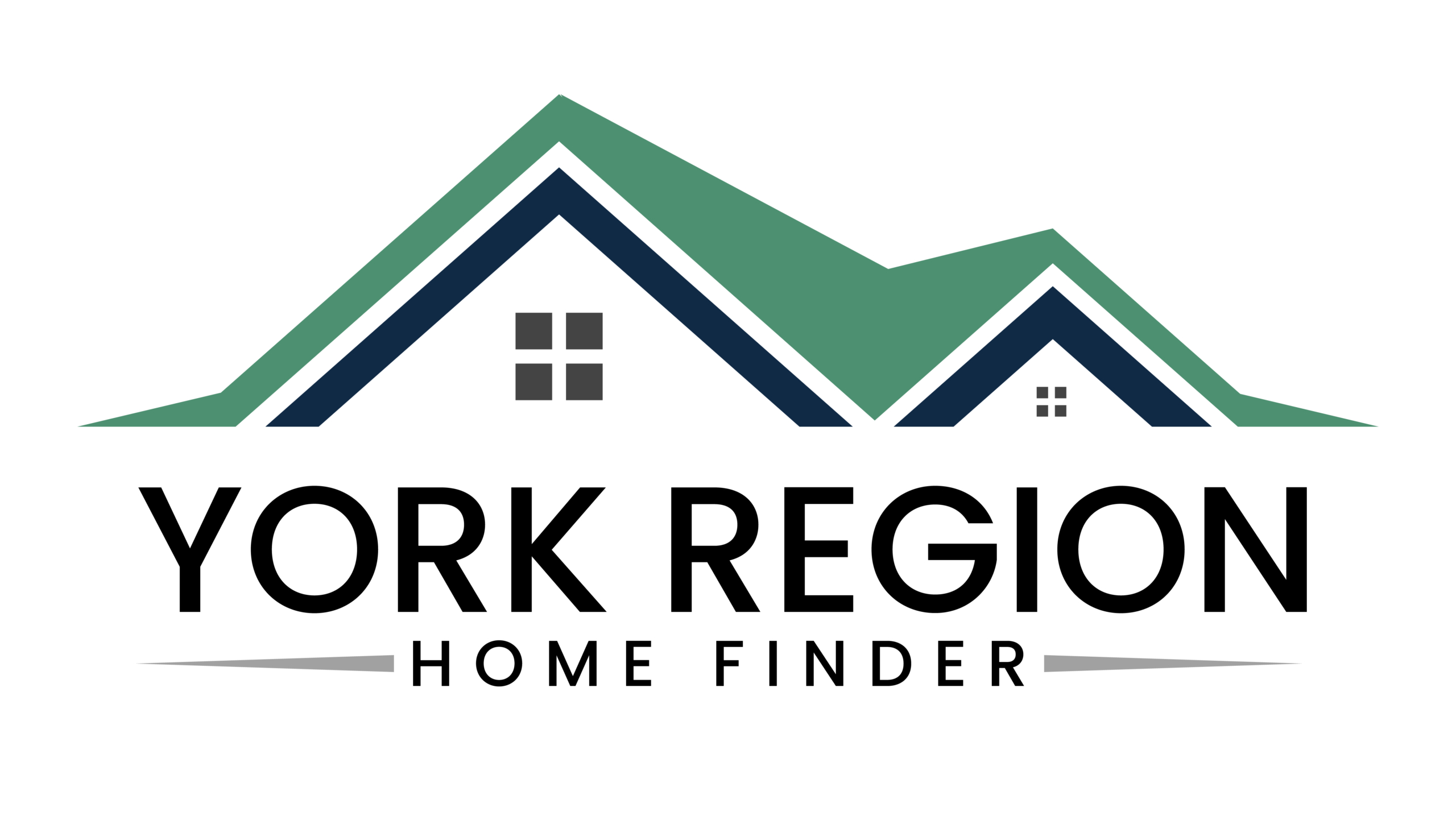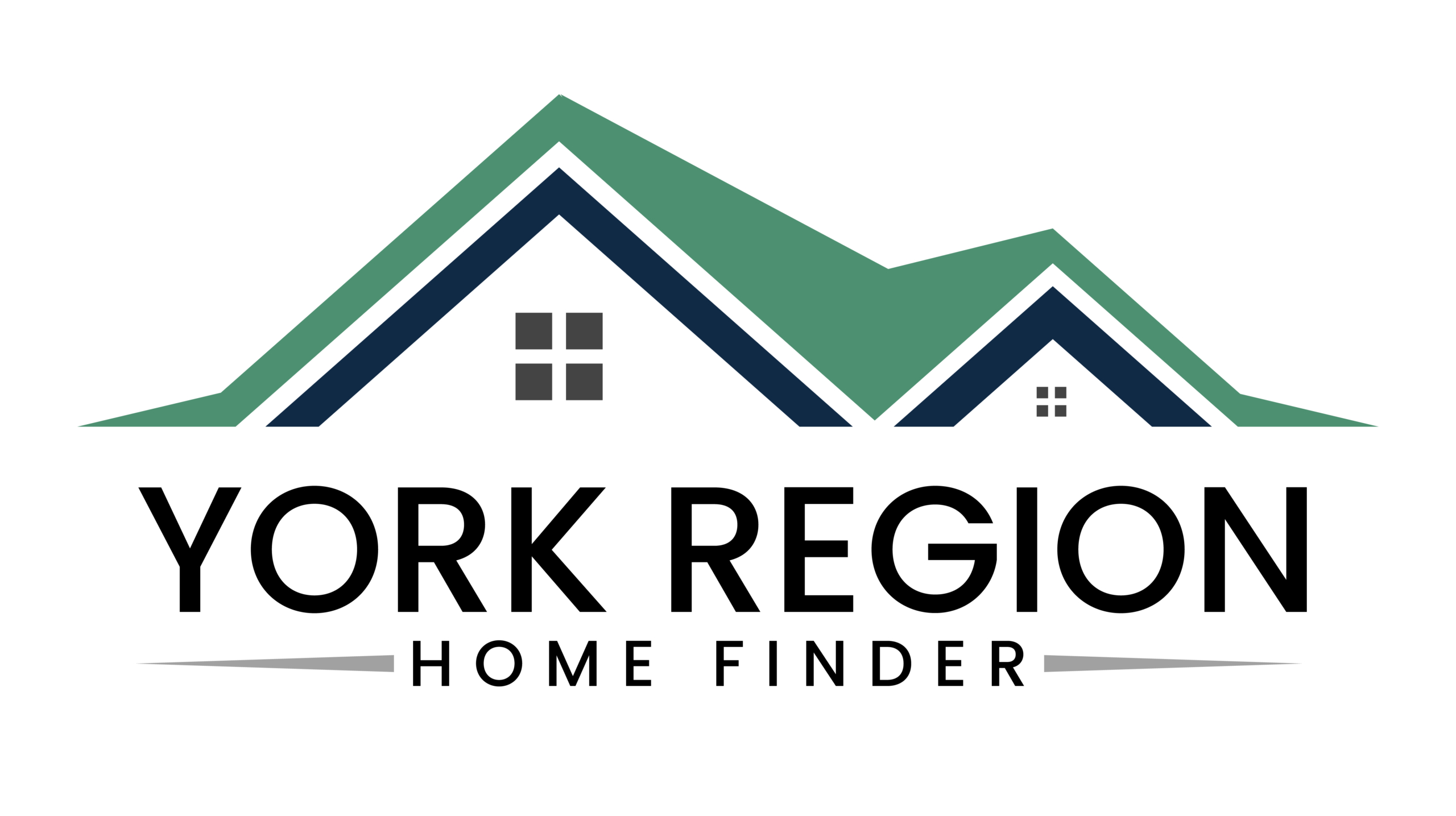
What is an Offer? And what to consider in your offers?
When you put your home for sale on the market, you are essentially offering buyers that they can acquire the house for a given price and other terms.
The process of making offers varies around the country. Usually, the buyer’s agent will submit a written proposal to the seller through the seller’s agent. During the negotiation cycle, each party can respond with several options:
- Accept the offer
- Decline the offer
- Make a counteroffer
What is a Counteroffer?
A Counteroffer is nothing more than the same offer with different terms. Offers and counteroffers reflect the back-and-forth activity in the negotiating process. Also, it may contain tricky clauses and hidden costs. Because counteroffers are common, buyers need to stay in touch with their agents during the negotiation process. The negotiation cycle is a common, efficient and practical way to reach an agreement.
What is an Acceptable Offer?
Every seller wants to have a line of buyers at their front door, bringing higher and higher bids. And while this is not unusual in a hot market, there is some balance between the number of sellers and buyers in most markets.
You have received an offer on your home. Now what?
Also, what if several bids are received? Do you choose the fantastic offer from the purchaser who needs a mortgage preapproved or a lesser offer from a buyer with already preapproved financing?
- What are the conditions and what time period do buyers offer, and can those conditions and timeframe be changed to your benefit?
- Is there a better deal than the buyer’s offer?
- Do you have enough time to wait for other offers?
- What if no better offer is received?
In each case, the seller will need to carefully review offers, consider marketplace options, and determine whether a sale request is acceptable.
Conditions and “Subject to” Clauses
The buyer’s offer often contains conditions or “subject to” clauses that must be reached before the proposal becomes firm and binding.
The most common conditions are:
- Financing
- Satisfactory home inspection
- Test results for environmental factors, including oil tanks, soil, mould and water quality
- Easements
- Liens
- Buyer lawyer review
Every negotiation must reach an agreement that suits both parties. In Real Estate closings it means the price, closing date and conditions worked well for both parties.
With proper directions and sound advice, you will get excellent results. As always, Good Luck with your plans!

